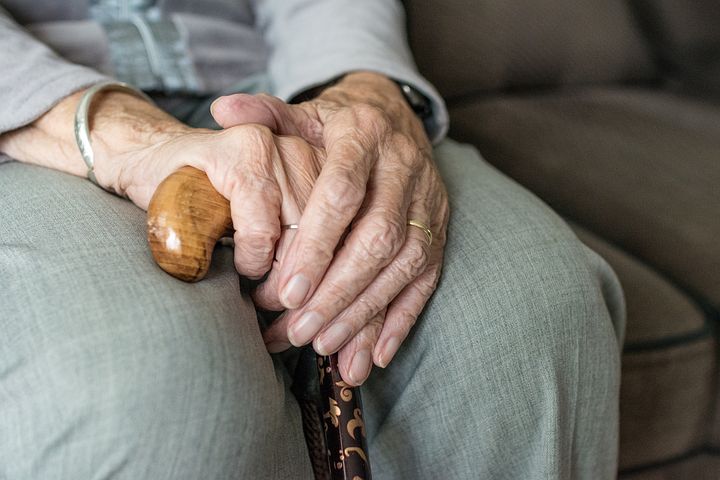Are we getting older later in life? People dread the idea of aging, however, a new study from an international team of researchers reveals the definition of “old age” is changing. Compared to previous generations, people now put off considering themselves “old” until later in life.
The study, conducted by a team of researchers from Germany and the United States and published in the journal Psychology and Aging, analyzed data from over 14,000 people born between 1911 and 1974 who participated in the ongoing German Ageing Survey. Participants were asked a simple question: “At what age would you describe someone as old?”
According to the team’s findings, people in their mid-60s believe “old age” begins around 75. This perception, though, varied significantly across different generations or “birth cohorts.” People born later, especially those born after 1935, tended to push back the age at which they considered someone old. In other words, the threshold for being considered “old” has shifted upwards over time.
“Life expectancy has increased, which might contribute to a later perceived onset of old age. Also, some aspects of health have improved over time, so that people of a certain age who were regarded as old in the past may no longer be considered old nowadays,” says study author Dr. Markus Wettstein from Humboldt University in Germany in a media release.
Several factors are driving this change in perspective of “old age.” With people living longer, the goalpost for what’s considered old naturally moves further out. Changes to retirement age could also have an impact. In Germany, the retirement age has gradually increased from 65 and will reach 67 by 2031. If people are working longer, it makes sense they may not consider themselves “old” until later.
What piqued researchers’ interest is that they found the trend of delaying old age has accelerated in recent decades but may now be reaching a plateau. While people born between 1911-1935 and 1936-1951 had very different perceptions of when old age started, there was little difference between the 1936-1951 cohort and those born 1952-1974. They speculate this could be due to a slowdown in life expectancy increases.

















